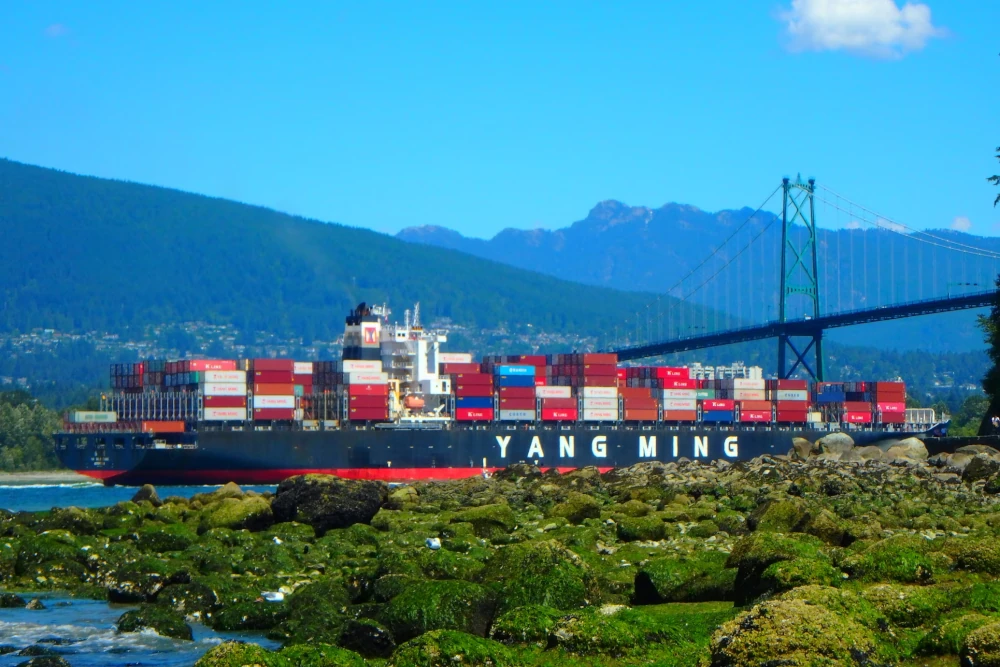Tariffs, taxes on imported goods, can drive economic growth when strategically applied. They protect domestic industries by making foreign products costlier, encouraging consumers to buy local. For instance, tariffs on imported steel help domestic producers compete, preserving jobs and maintaining industrial strength. This boosts employment, increases household incomes, and stimulates consumer spending, fueling economic growth. Tariffs also generate government revenue through customs duties, which can fund public services or infrastructure. They counter unfair trade practices like dumping, ensuring a level playing field for local businesses. Additionally, tariffs reduce reliance on foreign goods, enhancing national security and self-sufficiency in critical sectors like technology. By shielding emerging industries, tariffs foster innovation and economic diversification. When thoughtfully implemented, tariffs strengthen economies by creating jobs, generating revenue, and promoting fair trade, though policymakers must balance these benefits with global trade relationships to maximize gains.
What are the Economic Benefits of Tariffs?

What are the Economic Benefits of Tariffs?
